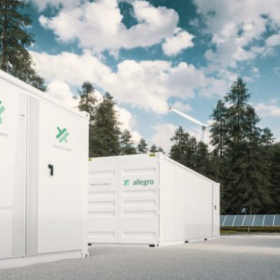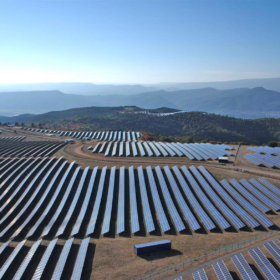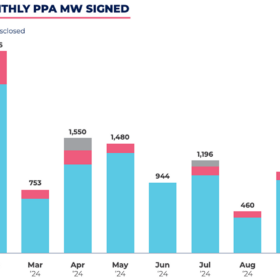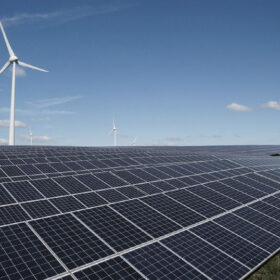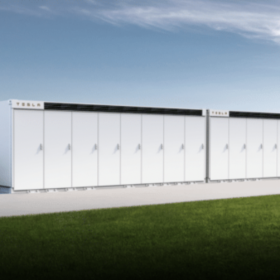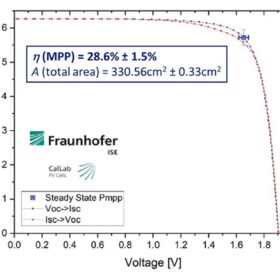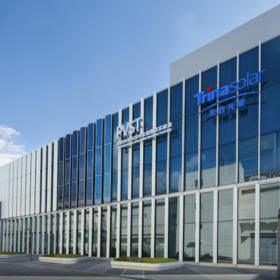Australian water-based battery developer wins state grant for prototype
Allegro Energy has secured a AUD 2.1 million ($1.3 million) grant from the New South Wales state government to develop an Australian-made, water-based battery prototype capable of storing energy for more than 10 hours.
Sonnedix secures €3.25 billion in refinancing for renewables portfolio
Sonnedix has secured €3.25 billion ($3.38 billion) through two refinancing transactions. The renewable energy producer says the transactions will be instrumental in accelerating the growth of its pipeline across Europe.
Pexapark records 18 European PPAs for 1,054 MW in November
Pexapark, a Swiss renewable energy market intelligence provider, says European developers signed 18 power purchase agreements (PPAs) totaling 1,054 MW in November.
UK adds 1.2 GW solar in 12 months, step change needed to hit 2030 target
Government solar capacity figures reveal 2024 additions down on same period in 2023, well below pace required to achieve 45 GW targeted for 2030. Small-scale installations dominate with greater capacity additions needed to achieve clean power goals.
Polish capacity market auction for 2029 catalyzes gigawatts of battery storage
The much-anticipated capacity market auction for 2029 conducted by Polskie Sieci Elektroenergetyczne (PSE) ended in the seventh round with a price of PLN 264.90 ($62.12)/kW per year. Such a clearing price rendered gas projects uneconomical and left significant room for battery storage systems to secure contracts.
Qcells hits 28.6% efficiency with scalable perovskite-silicon solar cell
South Korea-based solar module manufacturer Qcells has set a new efficiency world record for a commercially scalable perovskite-silicon tandem solar cell, produced at its pilot line in Germany.
Strong finish to record year for UK heat pump installations
November 2024 data from certification body MCS reveal record year for UK air-sourced heat pump installations. Two consecutive months with more than 5,000 certified installs puts 2024 on track for 50% growth on previous year.
Solar applications to Dutch subsidy scheme drop by more than half
A Dutch subsidy scheme for renewable energy saw solar applications fall to 501 this year from 1,130 in 2023, as grid congestion and negative electricity prices reduced investment appeal.
Trina Solar hits new 27.08% record for HJT solar cell
Trina Solar has achieved a world-record 27.08% efficiency rating for a new n-type fully passivated heterojunction (HJT) solar cell. The Institute for Solar Energy Research in Hamelin (ISFH) has verified the result.
IEA-PVPS calls for harmonized testing, certification for building-integrated photovoltaics
The latest report from the International Energy Agency’s (IEA) Photovoltaic Power Systems Programme (PVPS) says the building-integrated photovoltaics (BIPV) industry is facing significant challenges due to a lack of clear testing and certification procedures. It says international consensus and the harmonization of certification processes will be crucial for widespread adoption of the technology.
